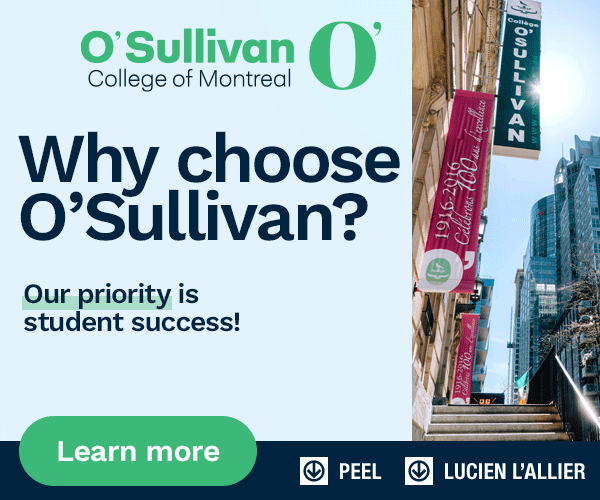The Lincoln Alexander School of Law has received funding from Innovation, Science and Economic Development Canada (ISED) to expand its collaborative work with DMZ's Intellectual Property (IP) Clinic.
With this new support, the law school will scale DMZ's IP offerings through its IP Clinic, making free and low-cost IP support more accessible to startups incubated at DMZ and across TMU's Zone Learning network.
DMZ's startup legal service, backed by in-house experts, experienced lawyers and dedicated students from the Lincoln Alexander School of Law, provides free and low-cost general counsel to entrepreneurs building new ventures. Nicholas Hill (Law '23), leads the initiative.
His goal is to level the playing field for startups that typically can't afford legal expertise during critical growth phases.
From founder frustration to startup solution
Hill created the program while still a student at Lincoln Alexander Law, drawing on his personal experience as a founder.
When building his own company, Hill faced prohibitive legal costs. Instead of paying those fees, he taught himself about business law. The experience inspired him to bring accessible general counsel support to other startups.
"Large companies have in-house counsel and they often negotiate and enter into contracts with startups that don't have a huge legal budget," said Hill.
"To encourage and help Canadian innovation grow and expand, we're playing a small role in cutting down the legal costs so that they can focus on development," he continued.
Legal expenses can eat into seed funding as startups work to grow and eat into profits when they sell. To reduce that legal debt, DMZ's startup legal services help founders draft and negotiate contracts and develop corporate governance.
Clinic addresses growing demand
The IP Clinic is a recent expansion of DMZ's startup legal service, designed to meet the growing demand for IP support. The clinic helps startups understand copyright ownership and provides preliminary assessments to spot potential trademark conflicts.
These services help startups reduce overall legal costs and avoid costly mistakes, like failing to properly transfer IP from a developer to a company.
"Nicholas helped me navigate negotiations with major tech companies like Google and Yahoo, safeguarding my IP as a small startup," said Anita Li, publisher and CEO of The Green Line.
The Green Line, a hyperlocal publication and journalism organization, developed an innovative reporting process called the Action Journey.
"Nicholas's support enabled me to formally trademark the Action Journey model, advised me on legal indicators like using "TM" and helped me build a consulting business around this model, which allowed me to monetize my IP by offering it to other newsrooms and organizations," said Li.
"This proactive legal guidance has been empowering and essential in protecting and leveraging the softer, less tangible aspects of my startup's IP."
Experiential learning for students
Beyond helping founders, DMZ's startup legal service and the IP Clinic offer real-world learning opportunities for Lincoln Alexander School of Law students.
Each semester, three to four students join Hill, contributing to important legal work while gaining practical startup and IP law experience that will set them up to be skilled and knowledgeable lawyers upon graduation.
One student who Hill describes as "an absolute IP wiz" built the framework for the clinic's trademark risk assessments.
The clinic evaluates whether a name can be trademarked, then gives startups the resources to either trademark the name themselves or to connect with a trademark lawyer.
Federal funding fuels expansion
The new funding from ISED will help DMZ's IP Clinic enhance student learning and expand its IP services.
The program can now hire more students, build new frameworks for trademark and copyright guidance, and foster additional collaborations with external trademark agents and legal professionals.
This expansion allows the IP clinic to serve more founders, including those incubated at TMU's other zones.
Innovating startup law
Hill describes designing DMZ's startup legal service as "building the airplane as we fly it."
When he first launched the program as his summer internship, tangible legal services for founders didn't exist. Now, Hill works with around 40 founders at any given time.
Azrah Manji-Savin of Syzl, credits Hill with identifying the potential risks her startup faced. "We're walking away not only protected, but also empowered," she said.
Today, DMZ's startup legal service is recognized as a leader in providing general counsel to startups.
"Since pitching this idea to DMZ four years ago, we have seen an emergence of alternative legal service providers. I think DMZ, the Lincoln Alexander School of Law, and in its own way the Legal Innovation Zone, are doing a great job of encouraging lawyers to think differently," said Hill.
"I'm excited by the growth I've seen in the legal space and hope that others see what we have done as a sign that law doesn't need to be what it's been for the past thousand years," he said.












